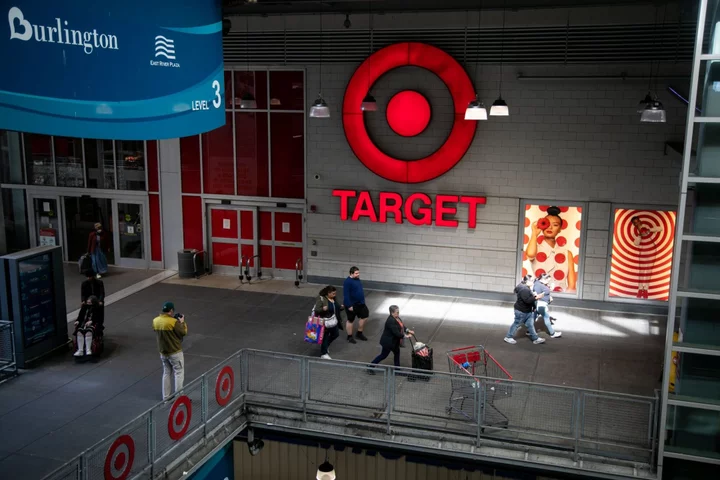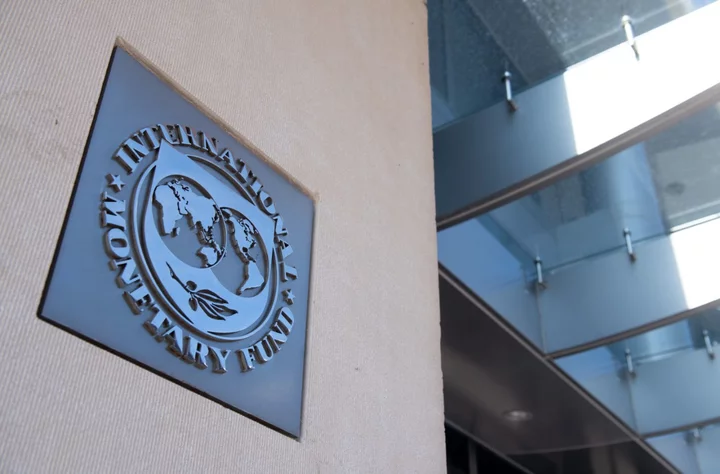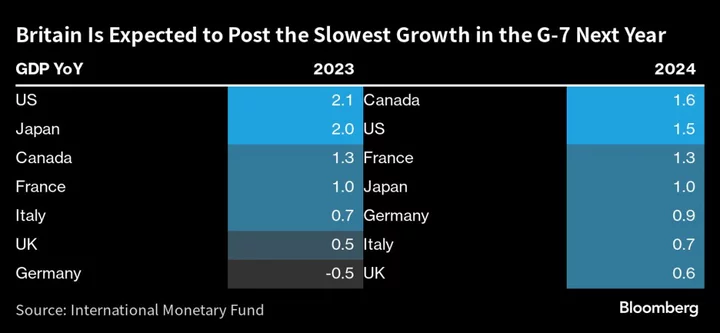Target Corp. grabbed national headlines last week when it blamed worsening theft for its plan to shut nine stores in four states, feeding into a narrative on the deteriorating state of America’s cities.
But for some of the landlords who spent years courting the giant retailer, the closings pointed to more considerations at play.
Take Target’s first-ever Manhattan location, in East Harlem. With more than 100,000 square feet of selling space, the location opened more than a decade ago — long before the retailer figured out that to be profitable in big cities, it had to veer from its big-box playbook and build smaller footprints. Now, the store in a six-story shopping center is preparing to shut down.
Instead of abandoning Harlem, Target has already signed a lease to open a store less than half the size only a mile and a half away.
The closing is a “business decision to move to small-format stores,” said David Blumenfeld, a principal at Blumenfeld Development Group, which owns the shopping center that has housed the big Target since 2010. The retailer didn’t raise theft as an issue leading up to the announcement, he said.
Target disputes the landlord’s characterization but declined to provide any details about why the company decided to close some stores and not others.
“While we do not share the details of our conversations with vendors and suppliers, we can confirm that we have engaged in conversations about safety with the developers of these properties for years,” Target spokesman Jim Joice said.
Target has said theft is one of the factors pressuring its profit. Inventory losses from theft, damage and administrative error reduced the retailer’s gross-margin rate by almost a percentage point in the second quarter from a year earlier.
The retailer in August reported its first quarterly sales decline in four years and cut its annual profit forecast, as the pandemic-era boost in discretionary purchases sputters. Controversy over the retailer’s Pride month assortment earlier this year didn’t help. And with the share price down about 30% this year after a 36% drop in 2022, investors have been pushing for answers on how the company is going to turn around its sagging bottom line.
Chief Executive Officer Brian Cornell has warned about the impact of organized retail crime gangs on multiple earnings calls. Target said it had long discussed the problems at the nine stores with real estate partners. The company will still have a significant presence in the four metro areas where it’s closing stores: New York, San Francisco, Seattle and Portland, Oregon.
Retail Theft
Walmart Inc., Dollar Tree Inc., and Nordstrom Inc. are among the bevy of other retailers that have sounded the alarm on theft. But none have gone as far as citing crime as the explicit reason to close stores.
“There are real challenges with locations in the United States with organized retail crime and theft,” John Furner, the CEO of Walmart’s US operation, said in an interview. He noted that Walmart hasn’t closed any stores for that reason alone.
Shoplifting is also evident to many Target customers and employees. In East Harlem, several employees said they witness shoplifting on a daily basis. Some of the stolen merchandise shows up for sale several blocks away on makeshift card tables on the street, where a $15 bottle of Tide detergent can go for half price. Sometimes the items still have the Target labels on them.
“You see security just give up because at this point it’s like they’re chasing after something that can’t be caught,” said 53-year-old Ericka Blanding, while standing outside of Target on a recent afternoon. “Are you going to put a security guard in every aisle?”
In Seattle, just a couple of blocks from the University of Washington, residents said the area has suffered from vandalism and theft for years. The sliding glass door at the entrance of the location, which opened in 2019, was smashed. Some shelves were empty. And a few shoppers said they preferred going to a nearby Safeway with a better grocery selection.
Data on retail theft is hard to come by, and what’s out there is far from definitive. Costco Wholesale Corp., which charges membership fees, says inventory losses have barely budged in recent years. Best Buy Co. railed against theft in late 2021, but the company now says it has mitigated the problem, in part by having employees retrieve products away from the sales floor for purchases.
Target announced the store closings the same day that the National Retail Federation said based on surveys from US chains that total inventory losses from theft, damage and errors edged up to 1.6% of sales last year. That was up from 1.4% in 2021 but in line with the numbers from 2019 and 2020. Target’s CEO is on the federation’s board.
Target is clearly struggling with the impact of theft, but crime is rarely the sole reason a company shutters a store, said Michael Baker, a retail analyst at D.A. Davidson & Co.
“As it relates to the Harlem store in particular, it’s just too big,” he said. The company is “probably not generating the revenue they need. That probably combines to make that store not economically viable.”
California Warning
Whatever the other issues at the stores Target plans to close, the company’s decision to spotlight certain cities by closing stores there helped its crime-focused message get plastered across the US.
“Target wanted to make a statement to California that something needs to be done,” said Doug Messner, president of Sierra Pacific Properties, which oversees the shopping center in Pittsburg, California, that houses one of the soon-to-be closed stores.
Messner said Target was in negotiations to extend the lease at the location about 40 miles east of San Francisco when talks stalled. Then, Messner said, a Target executive called to say the company wanted to send a message to state authorities to do more about organized retail crime. A few weeks before that, California allocated $267 million to thwart such activity.
Like Messner, New York landlord Blumenfeld said he was caught off guard. Target still had 18 years on its lease at East River Plaza. Shortly before the company’s press release, Blumenfeld received a brief phone call from a Target executive who pointed to crime as the reason for shutting the store.
Blumenfeld thought he had time to convince the retailer to stay. He only learned the closing date — Oct. 21 — from news reports.
“We have to figure out what the next steps are,” he said. “Obviously, we’re not letting Target off of our lease.”
--With assistance from Eliyahu Kamisher, Jonathan Roeder, Noah Buhayar and Fola Akinnibi.
Author: Brendan Case, Jeannette Neumann and Anna Edgerton









